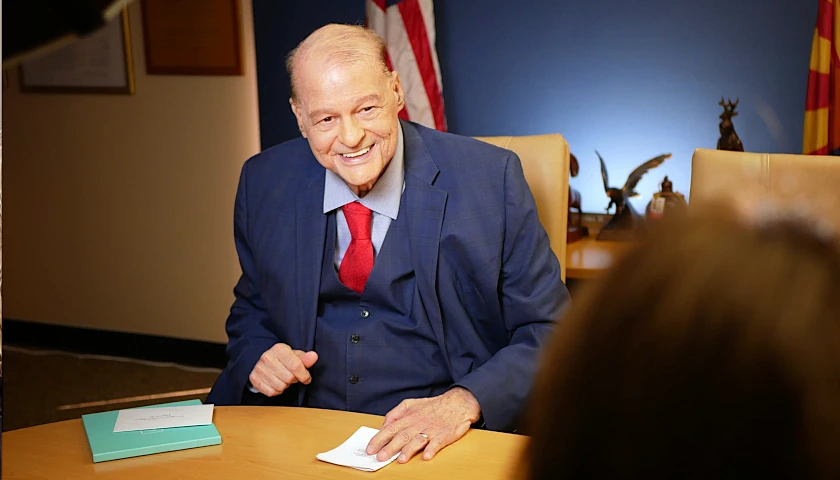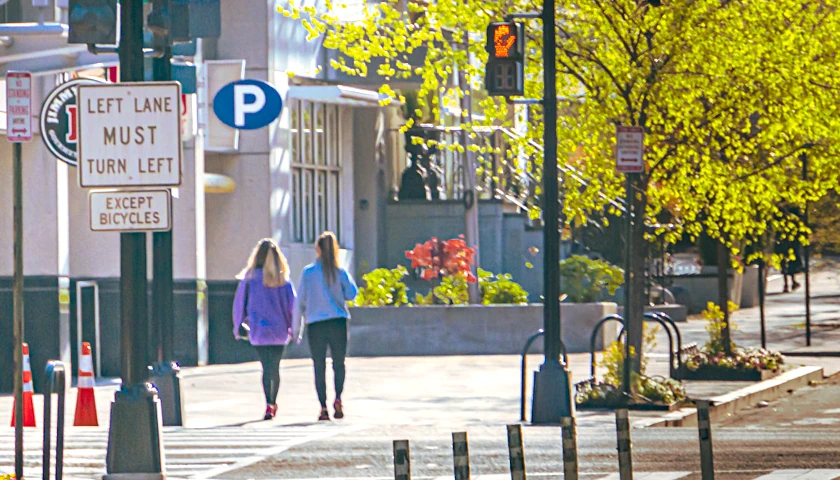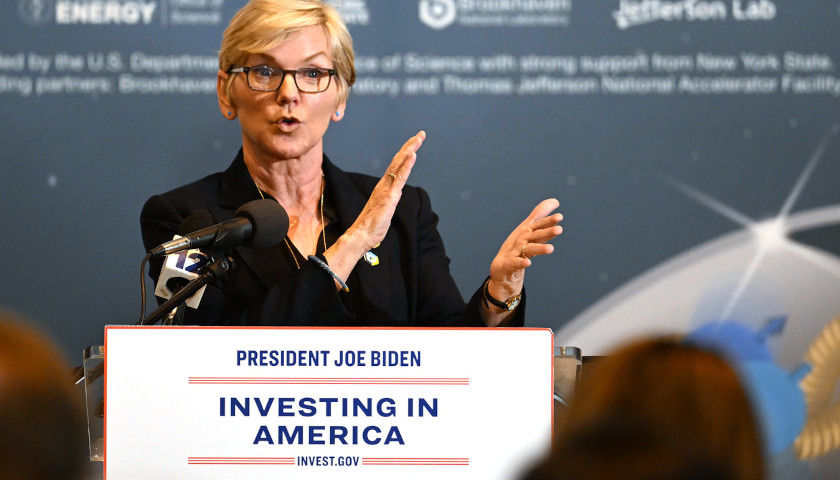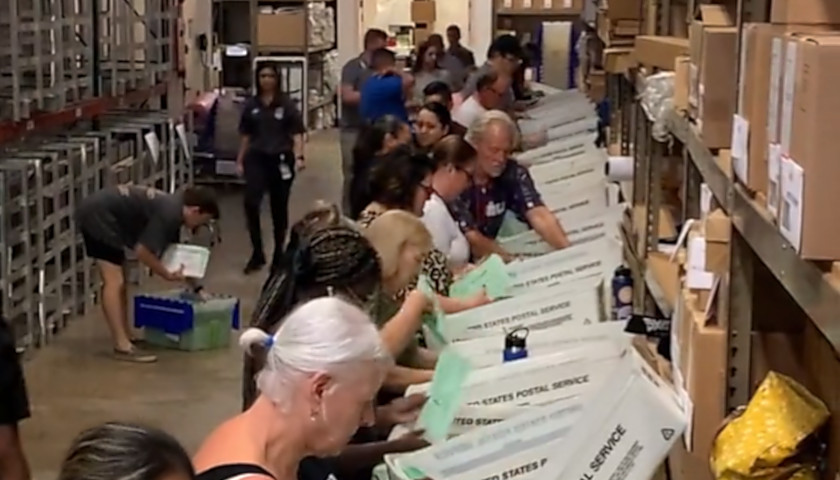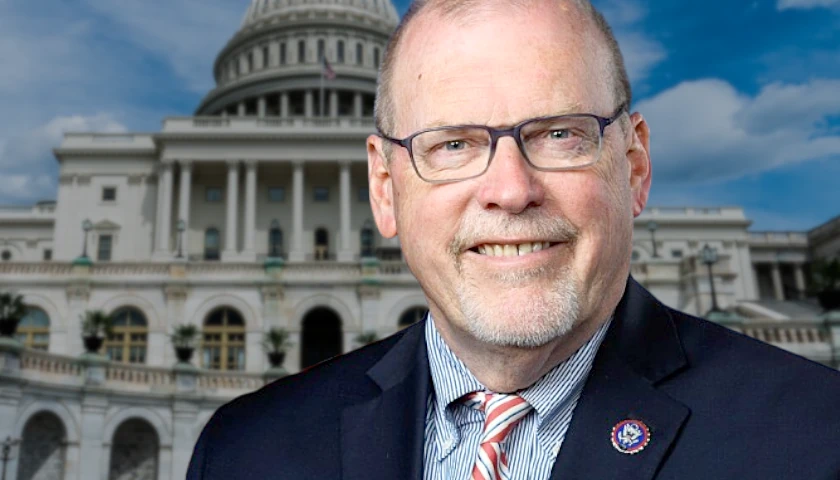by Cole Lauterbach
Arizona Gov. Katie Hobbs wants the Department of Education to reconsider a new policy that fast-tracks low-dollar spending of Empowerment Scholarship Account funding, but the state’s top public school official asks why she signed it into law.
The Arizona Department of Education announced earlier in December that it would shift to “risk-based auditing” in ESA spending requests under $2,000. Superintendent of Public Instruction Tom Horne said the delay in reimbursements had backed up to the point of taking months to approve.
“If the audit shows that they were improper, the money will be clawed back,” Horne told the state Board of Education on Dec. 9. He said the policy change will clear up most reimbursement requests.
Hobbs released a statement on Dec. 19, saying the policy removes oversight over up to $170 Million in taxpayer dollars.
“Arizonans deserve oversight over how their taxpayer dollars are spent, and Superintendent Horne’s new policy will remove important checks on up to $170 million of ESA spending,” Hobbs said. “Allowing these expenses to go unchecked creates an environment ripe for fraud, waste, and abuse of public funds.”
She asked Horne to reconsider the “irresponsible decision.”
Horne responded in kind, suggesting in a release that the governor should read the bills that she signs into law.
“The method we are instituting, known as risk-based auditing, is specifically provided for in the budget statute that the Governor signed last session,” Horne said. “Equally startling, is that she herself created the problem we are trying to solve by signing a bill to permit private school tuition to be paid under the reimbursement method, rather than going through our vendor, Class Wallet, which was previously required.”
Horne said the policy change Hobbs enacted played a role in increasing the delays and reimbursements from 30 days a year ago to over 100 days.
The Empowerment Scholarship Account program is the nation’s first universal school choice program. Since it was first implemented in 2022, the program has enrolled more than 80,000 students who receive at least $7,000 to either attend the private school of their choice or to afford educational supplies to be taught at home.
The program has seen attempts to defraud taxpayers. Recently-rejected requests for funding include a $16,000 cello, motorized buggies worth thousands of dollars and other questionable purchases.
One out-of-state couple was indicted for receiving more than $110,000 in ESA funds for 50 children, 43 of whom did not exist.
– – –
Cole Lauterbach is a managing editor at The Center Square.
Photo “Tom Horne” by Arizona Dept of Education.

